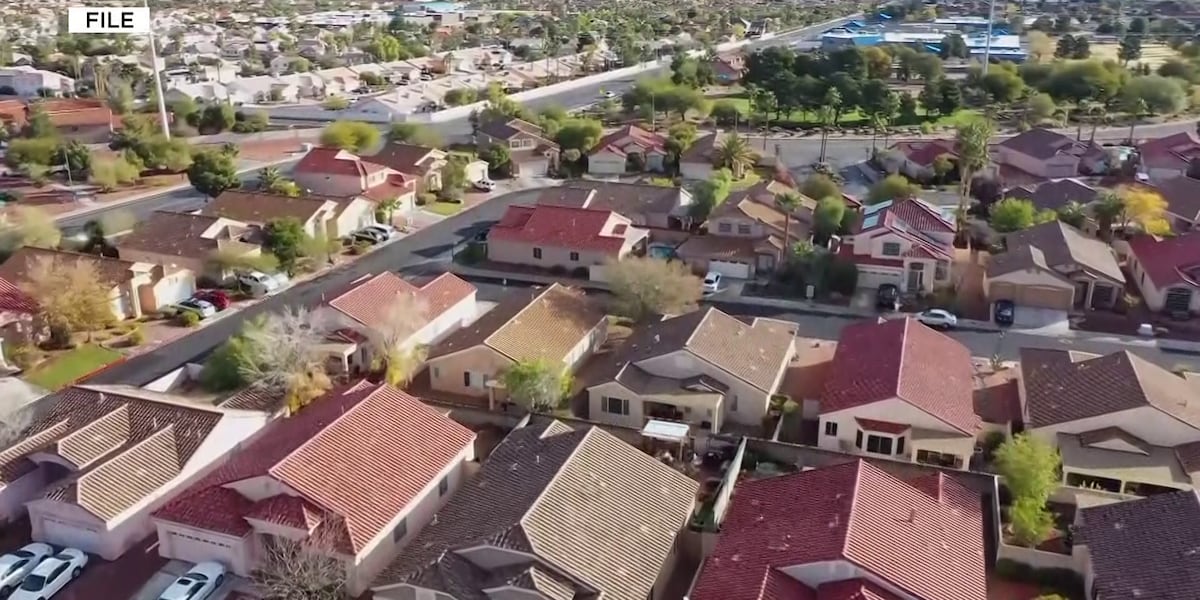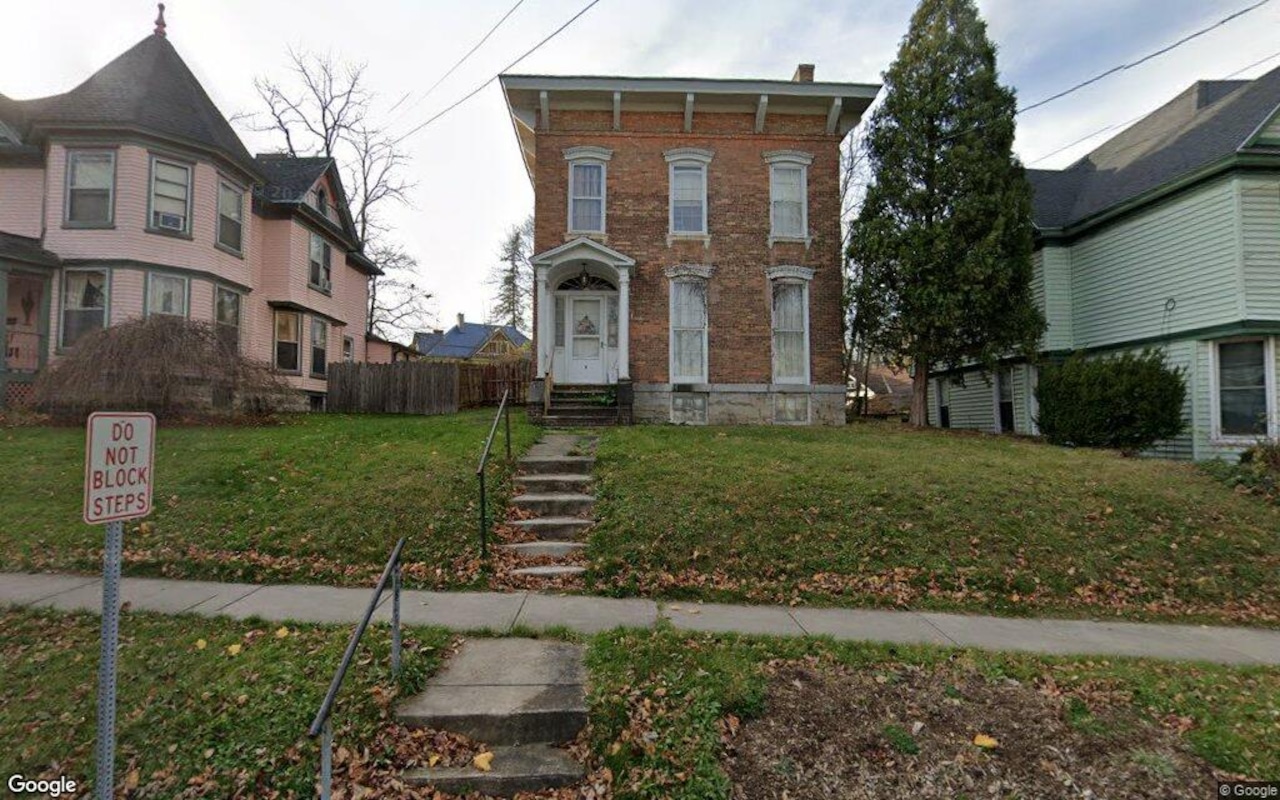S
t. Helena voters will decide on two ballot measures on November 5 that, if passed, would introduce a real estate transfer tax to raise millions for the city's general fund, which faces a $7 million deficit over six years.
The tax is expected to generate around $4.8 million annually and would be applied when properties change hands, with varying rates depending on the sale price. Measure A1 would enable the city to enact such a tax by allowing it to become a charter city, while Measure A2 would actually impose the tax.
If either measure fails to secure a simple majority of votes, the tax will not take effect. The proposed tax structure includes:
* 1.5% on sales between $1 million and $5 million
* 3% on sales above $5 million
* Exemptions for sales under $1 million and transfers by will or inheritance
The city is currently using reserve funds to cover deficits, which began in 2022 when expenditures outpaced revenues. The general fund expenses are projected at $21.5 million, while revenues stand at $18.7 million. City officials have estimated a long-term deficit of at least $7 million.
City leaders argue that the tax is necessary to address the city's fiscal reality and have considered alternative options such as allowing new hotels or selling surplus property. Council members acknowledged that the tax would impact the community but said it was needed to confront the city's financial situation.
The revenue generated by the tax would be used to address infrastructure issues, maintain parks and libraries, and meet rising public safety costs. The City Council has positioned the tax as a means of offsetting expected budget shortfalls in the coming years.














